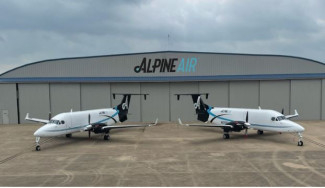What Is the Fly Quieter Program?
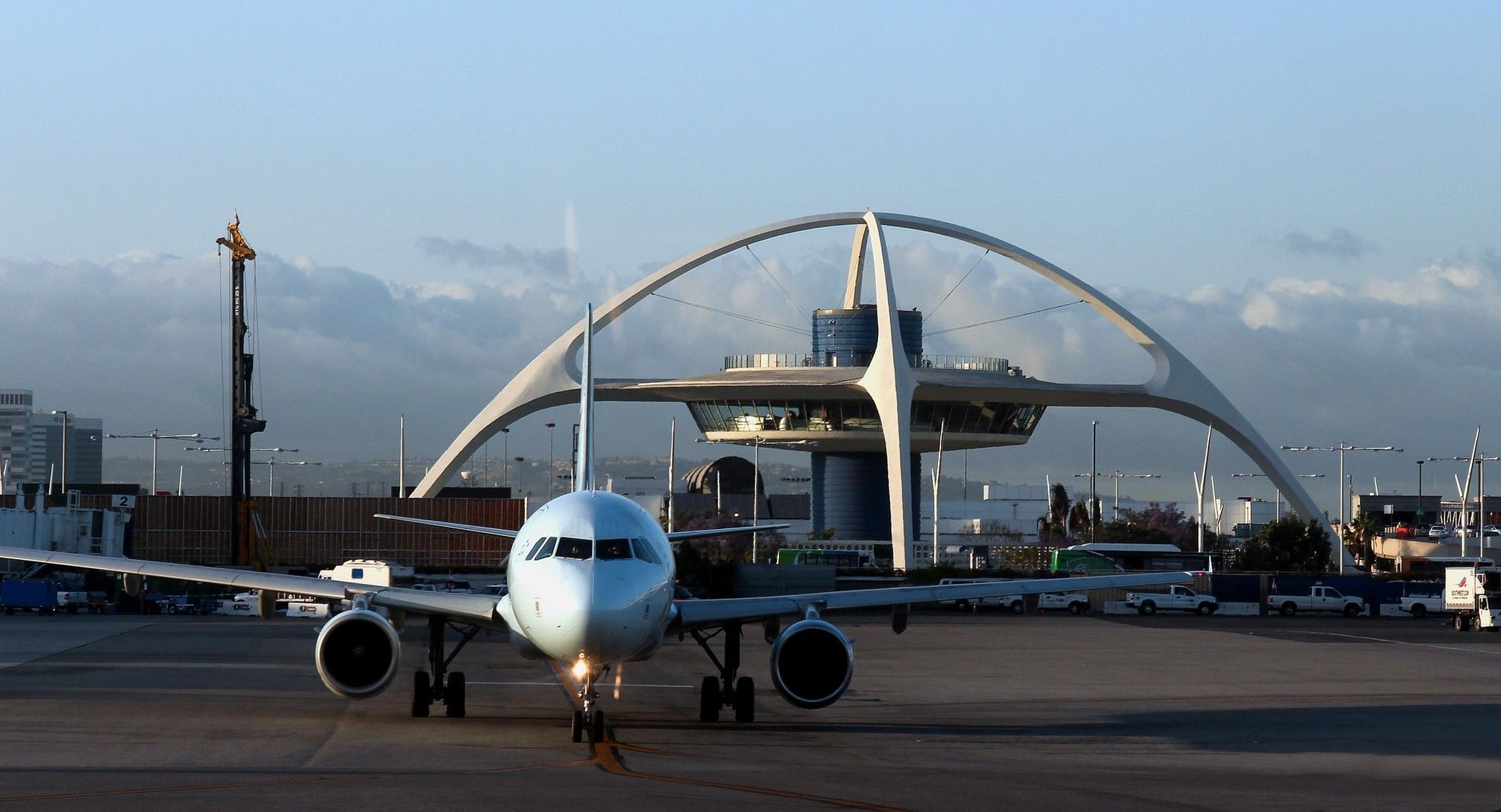
While pilots are used to the rumble of an airplane, the roar generated by dual-engines can be deafening up close. And for those living and working in the proximity of airports, the noise can become a major disturbance that reverberates for miles.
As a result, aircraft manufacturers started focusing on making newer models quieter. Unfortunately, these updates do very little to address the massive, jarring engine noises generated by older legacy airplanes. To combat these ongoing issues, the Los Angeles International Airport (LAX) has introduced the Fly Quieter Program.
What is the Fly Quieter Program?
LAX plans to evaluate individual airlines to confirm each one is in compliance with the noise-abatement procedures the airport has established. These evaluations will be done on an annual basis.
Carriers can anticipate quality assurance representatives examining the following:
-
Aircraft noise levels
-
Any operating procedures that create high noise levels
-
Progress in using new technology aimed at dampening or reducing sound
-
Level of involvement with local community
-
Amount of engagement with stakeholders
According to Samantha Bricker, Chief Environmental and Sustainability Officer at the Los Angeles World Airports, or LAWA, "Effectively addressing aircraft noise requires a collaborative partnership among the airport, the airlines, and the community".
Bricker goes on to state, "With the Fly Quieter program, we have a new tool to promote awareness and incentivize compliance with our policies and procedures with the goal of reducing aircraft noise for our surrounding communities."
Rewards for Compliance
The noise-related topics mentioned above will be recorded throughout the year. At the end of this time frame, LAX plans on evaluating the data to determine who is doing the best in regards to hee noise-abatement procedures outlined by the airport.
Airliners that outshine the others in regards to progress will be publicly recognized. According to the Public Information Officer at the LAWA, Frederick Badlissi, "Most similar airport noise programs rely on public recognition as the primary incentive, so that's where this program is also beginning.” Badlissi went on to say “...we will be looking for ways to innovate the program as it evolves in the future".
Whether or not a simple recognition will be enough to incentivize airlines to quiet the noise is unclear.
-
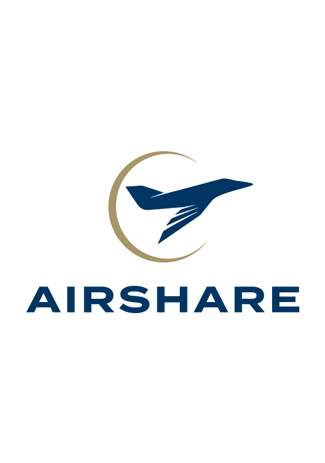
Airshare 07/22/2024
-
Alpine Air 07/18/2024
-
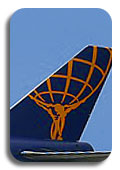
Atlas Air 07/17/2024
-
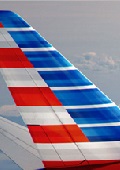
Piedmont Airlines 07/10/2024
-
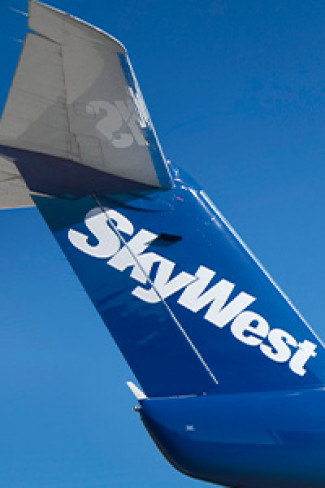
SkyWest 07/09/2024
 AIRLINE PILOT CENTRAL
AIRLINE PILOT CENTRAL